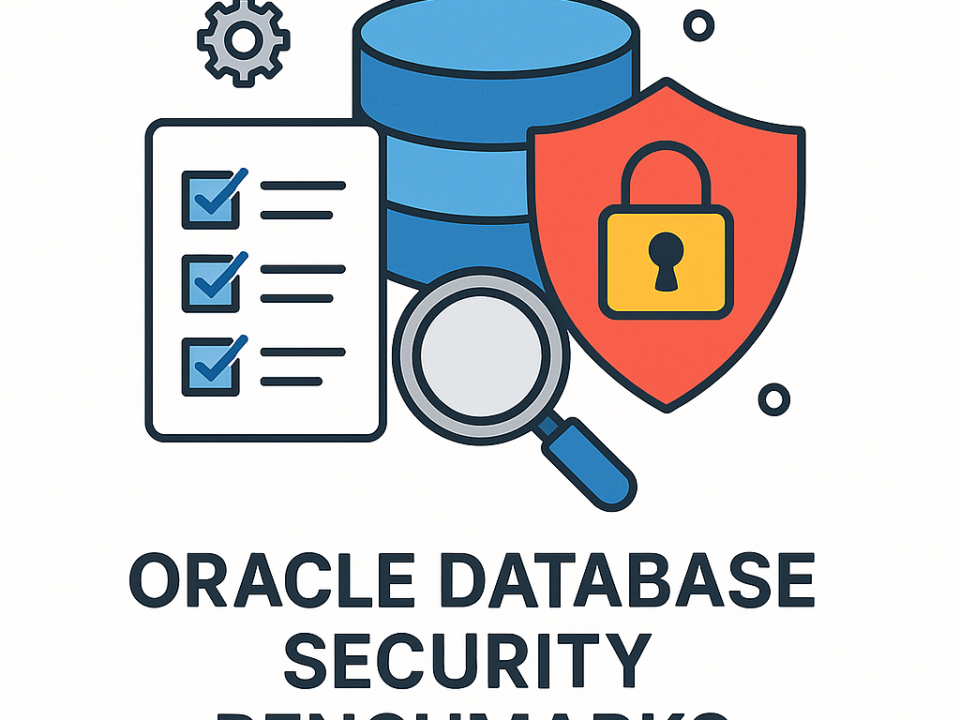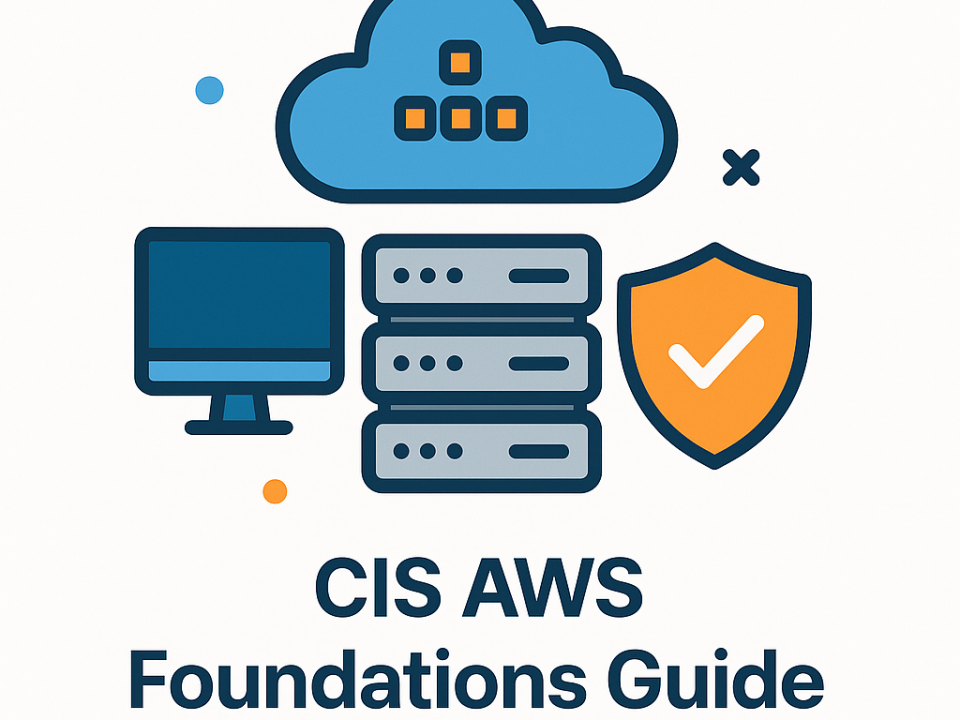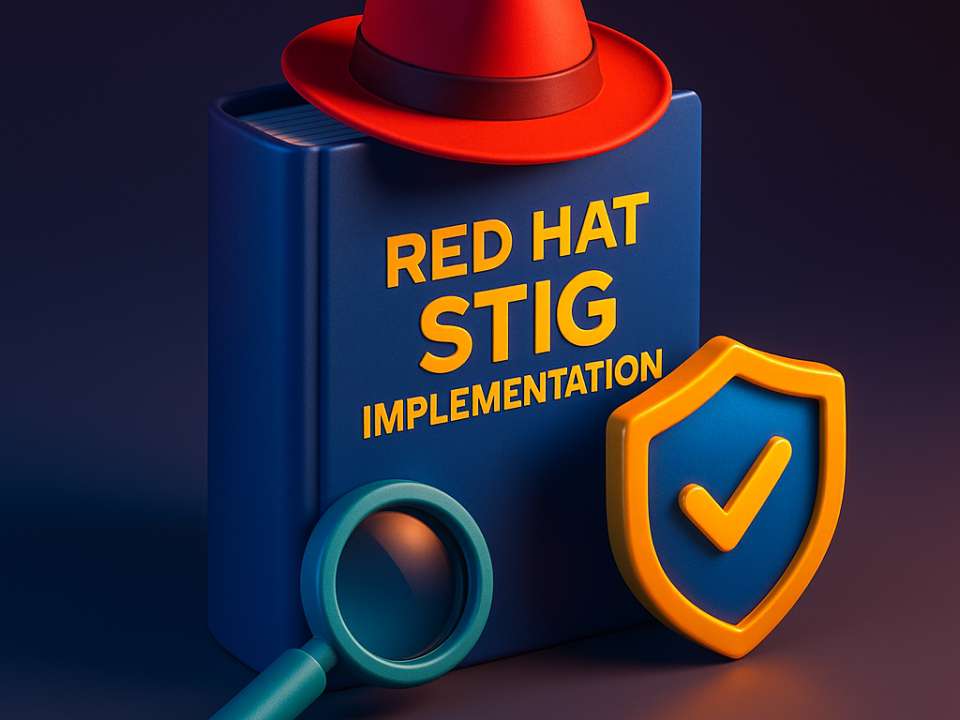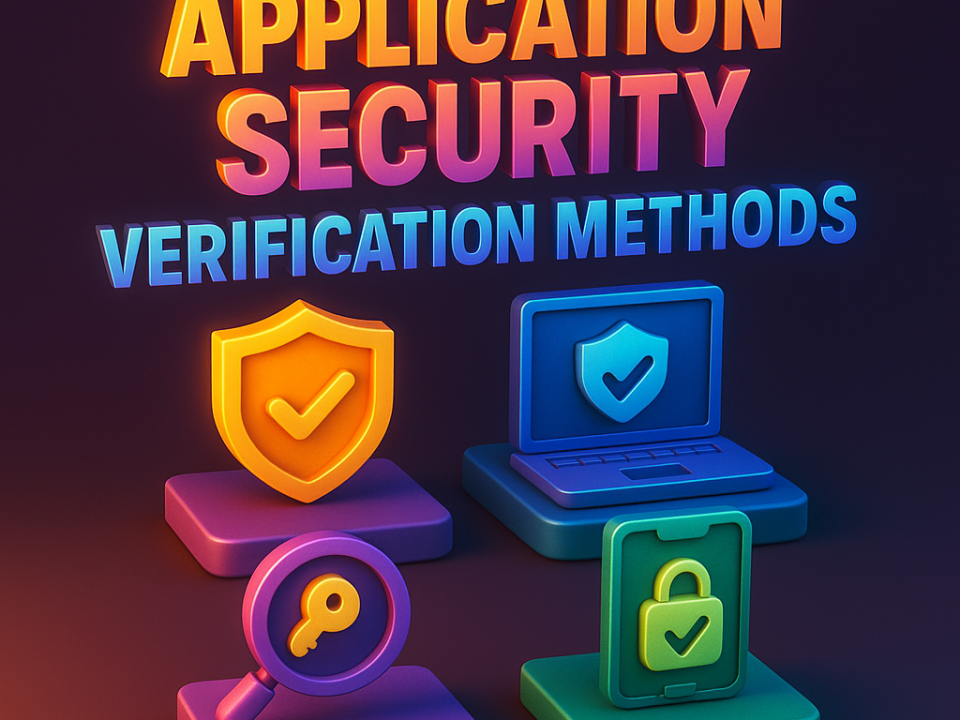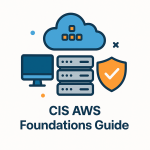
Unlocking Cloud Security Success: Your Guide to the CIS AWS Foundations Framework
June 11, 2025
Mastering Oracle Database Security Benchmarks: A Guide for Business Professionals
June 11, 2025Mastering VMware vSphere Security Standards: Your Path to Cloud Confidence
As IT professionals in your late 20s to early 40s, you’re driven by the ambition to create secure, robust virtual environments that empower your organizations. Whether you’re a systems administrator, a cloud architect, or a security consultant, addressing VMware vSphere security standards today is crucial for not just safeguarding your data, but also unlocking the potential for accelerated career growth and a standout reputation as a security leader in your field.
Understanding VMware vSphere Security Standards
VMware vSphere security standards encompass best practices and guidelines designed to protect virtualized environments from unauthorized access, data breaches, and various cyber threats. Think of it as your digital castle’s blueprint—ensuring everything from firewalls to encryption is meticulously in place for maximum defense. By embracing these standards, you don’t just protect sensitive data; you also inspire confidence among your stakeholders, enabling smoother business operations and paving your way to career advancement.
Why Compliance Matters
Complying with VMware vSphere security standards is not merely a checkbox activity; it’s an opportunity to showcase your organization’s commitment to safeguarding customer trust. For instance, consider a recent scenario where a healthcare provider faced severe reputational damage due to a data breach. Their failure to establish firm security protocols led to unwarranted scrutiny and loss of clientele. By prioritizing compliance, you not only mitigate risks but position your company as a trusted partner in its industry, enhancing your chances for upward mobility in your career.
Implementing Layered Security Strategies
A successful defense-in-depth approach is crucial when discussing VMware vSphere security standards. This means implementing multiple layers of security measures—like robust authentication, network segmentation, and real-time monitoring—to thwart potential cyber threats. For example, when I once transitioned a mid-sized company to a virtual environment, I integrated these strategies and witnessed firsthand how proactive measures minimized downtime and supported uninterrupted business operations. By mastering these strategies, you’ll facilitate a stronger security posture that allows your organization to grow confidently.
The Role of Training and Awareness
Investing in training surrounding VMware vSphere security standards is another pivotal step toward achieving a secure digital environment. Awareness among employees about cybersecurity risks and best practices decreases the likelihood of human error—one of the most significant vulnerabilities in any security strategy. Implementing a quarterly training program can enhance your team’s knowledge and foster a culture of security readiness, enabling your organization to thrive and reinforcing your status as an industry expert continually.
Future-Proofing Your Virtual Environment
The landscape of cybersecurity evolves rapidly, and so should your approach to VMware vSphere security standards. Regularly updating your security policies and following industry trends—such as advanced threat detection and zero-trust models—ensures that you stay ahead of potential threats. By fostering this forward-thinking mindset, you’ll not only protect your organization’s assets but also set yourself apart as a proactive leader in your profession, ready to tackle future challenges with confidence.
Final Thoughts: Take Action Now
In conclusion, mastering VMware vSphere security standards is a significant investment in your career and your organization’s future. By taking immediate action to bolster your security protocols, you position yourself for sustained success. Start by assessing your current practices and exploring further education resources; embrace this challenge, and be instrumental in leading your organization toward a future of security and success.


